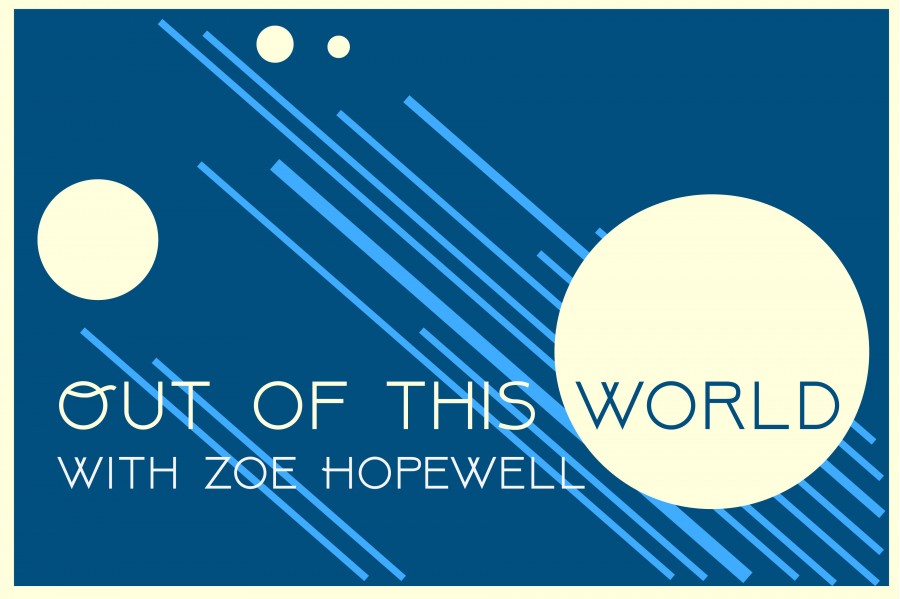Scientists Detect Gravitational Waves
February 11, 2016
A team of physicists announced Thursday that they have detected the sound of two black holes colliding a billion light years away, fulfilling the last part of Einstein’s theory of relativity in its one hundredth year. An energy much greater than that of all of the stars in the universe put together vibrated a pair of antennas in Washington State and Louisiana on September 14th. The black holes’ collision sped up time, slowed it down, and sped it up again.
This sound is evidence of gravitational waves, which were previously undetected, and this is a discovery of such significance that it’s already being compared to Galileo using the telescope for the first time. The scientists who made the discovery are expected to win the Nobel prize.
Many people probably haven’t even heard of this discovery and are confused about its significance, but think about it this way: we will be able to observe the universe in an entirely new way. Scientists will be able to study black holes, neutron stars, and the early universe as they never have, which will lead to incredible, unprecedented discoveries. In short, this is a really, really, really big deal, one of the greatest scientific discoveries possibly ever.
You can follow the topic on Twitter at #gravitationalwaves.































